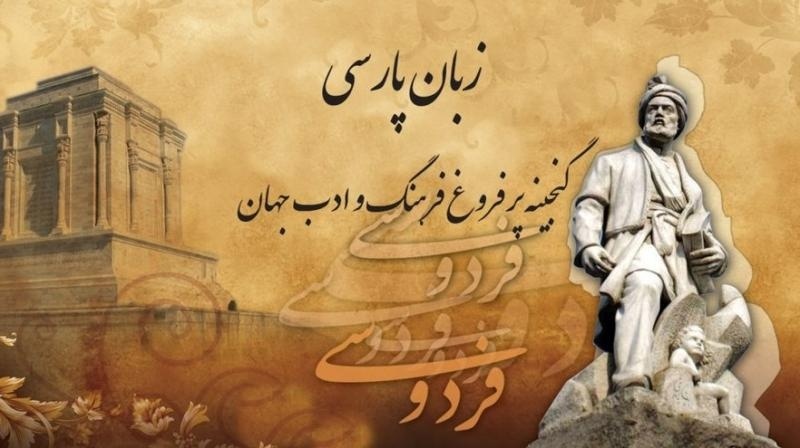On the occasion of Ferdowsi Day, Anvari said that while some versions of Ferdowsi's magnum opus, the 'Shahnameh' or the Persian Book of Kings, contain over 60,000 couplets, the original work actually composed by Ferdowsi does not exceed 54,000 couplets.
Anvari, the author of 'Farhang-e Bozorg-e Sokhan' (the Great Culture of Speech), said a careful examination of the critical edition of the 'Shahnameh' edited by Jalal Khaleghi-Motlagh, a prominent Persian linguist whose research primarily focuses on Ferdowsi, reveals that many famous couplets attributed to Ferdowsi are in fact not present in the abovementioned version.
According to Anvari, these interpolated verses often have a nationalist or apologetic undertone, meant to substantiate allegations that Ferdowsi had made a pact with Mahmoud of Ghazni, Sultan of the Ghaznavid Empire, to be paid a gold coin for every couplet of the 'Shahnameh'.
Explaining why this alleged contract between Ferdowsi and the Sultan did not exist, the scholar asked, "Would anyone agree to start a book today and receive the royalties 30 years later? So how could Ferdowsi have done this? This is a clear error."
'Shahnameh' is a long epic poem written by the Persian poet Ferdowsi between c. 977 and 1010 CE and is the national epic of Greater Iran. Consisting of some 50,000 distichs or couplets (two-line verses), the Shahnameh is one of the world's longest epic poems, and the longest epic poem created by a single author.
It tells mainly the mythical and to some extent the historical past of the Persian Empire from the creation of the world until the Muslim conquest in the seventh century. Iran, Azerbaijan, Afghanistan, Tajikistan and the greater region influenced by Persian culture such as Armenia, Dagestan, Georgia, Turkey, Turkmenistan and Uzbekistan celebrate this national epic.


Your Comment